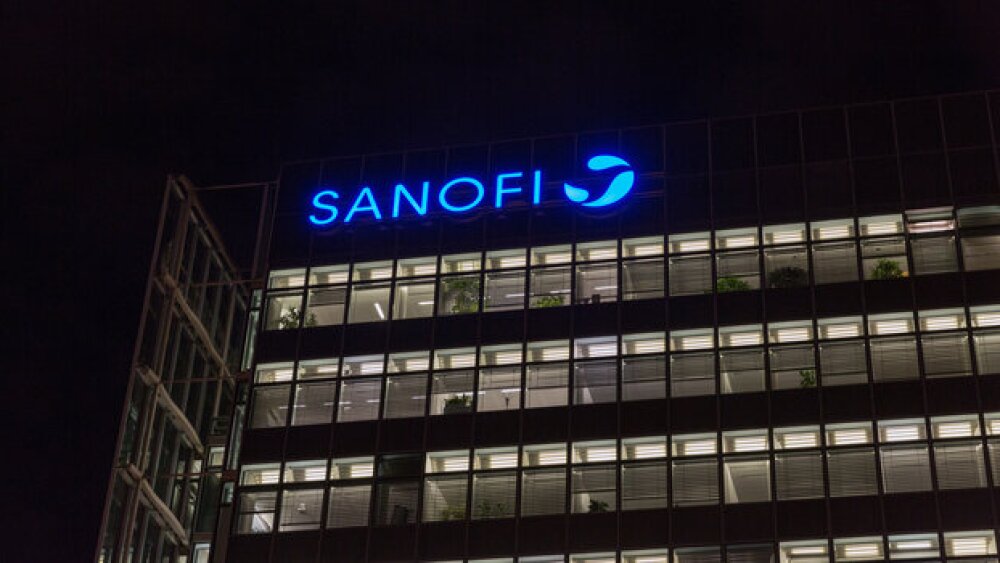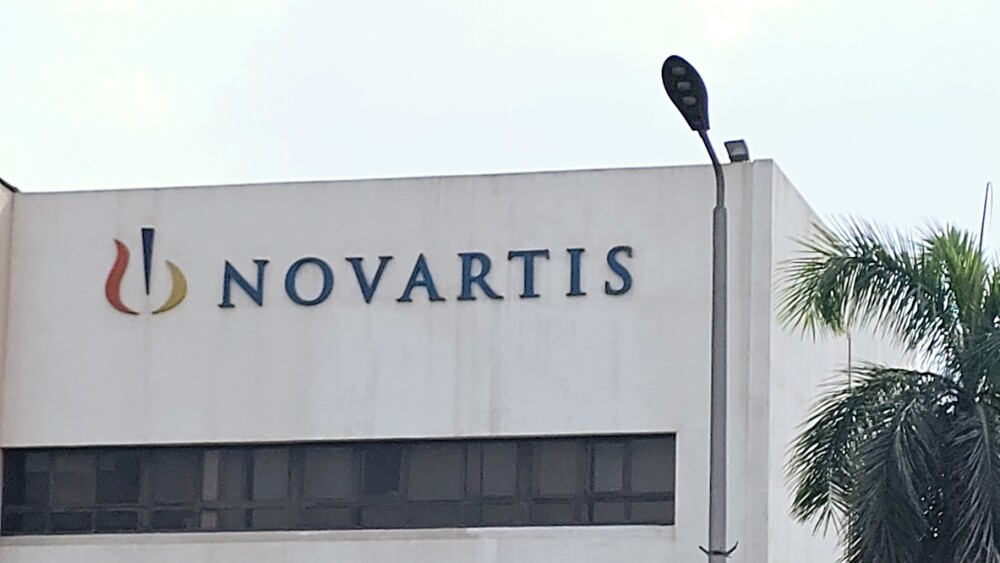May 20, 2016
By Alex Keown, BioSpace.com Breaking News Staff
BOSTON – Is ZIOPHARM Oncology in its own “biotech bubble” and only “held aloft unjustifiably” due to its relationship with Intrexon and billionaire R.J. Kirk?
That’s how The Street’s Adam Fuerstein described the company that is developing CAR-T technology for cancer patients. In a column published this morning, Fuerstein noted the company, which is valued at about $800 million, has an “inferior” pipeline and is “straggling behind competitors like Novartis , Kite Pharma and Juno Therapeutics .” But, because Ziopharm is bolstered by both scientific and financial assistance from Intrexon and Kirk, Ziopharm Oncology is able to continue to raise funds to support its research.
Fuerstein’s questioning of Ziopharm’s research could be one reason the stock is down this morning, hitting a low of $6.54 per share.
Fuerstein also questioned how Ziopharm has presented some of the data surrounding its gene therapy treatments for melanomas. Ziopharm’s lead treatment, Ad-RTS-hIL-12, is designed to administer interleukin-12, a protein that stimulates the immune system in order to kill cancer cells. Following the administration of the injection, patients will then take the oral medication veledimex to control the interleukin-12 protein to help kill the cancer cells. During a presentation in New York last fall, Ziopharm said its combination treatment resulted in “a significant increase in tumor infiltrating lymphocytes both locally, in injected lesions, and systemically, in non-injected lesions,” according to a press release cited by Fuerstein.
However, Fuerstein noted that the abstract presented during the conference actually showed the combination treatment was “almost completely ineffective at shrinking melanoma tumors in patients enrolled in the study.” Of the 26 patients in the study, Fuerstein said seven were eliminated from the efficacy analysis and of the remaining 19 patients, only two showed a partial response following the combination treatment of Ad-RTS-hIL-12 and veledimex. Since then, the combination study has been discontinued.
While Ziopharm continued to look at using its combination treatment in other cancers, Fuerstein noted that similar work being done by San Diego, Calif.-based Oncosec Medical appears to be more effective, although he said it was too early to see if Oncosec’s treatment will hit its efficacy goals.
“Based on available data, Oncosec’s IL-12 gene therapy looks more effective than anything produced by Ziopharm and Intrexon in melanoma,” Fuerstein said.
When it comes to Ziopharm’s other cancer treatments for breast cancer and glioblastoma using the combination of Ad-RTS-hIL-12 and veledimex, Fuerstein also questioned the efficacy from interim results of a Phase II study for glioblastoma patients. While Ziopharm said the combination therapy looks promising in increasing survivability, Fuerstein questioned the results due to the interim data being from a single-arm test that had no comparative arm.
“Ziopharm makes it even more difficult by failing to disclose any specific information about the baseline characteristics, prior therapies or subsequent therapies used to treat the enrolled patients,” Fuerstein wrote.





